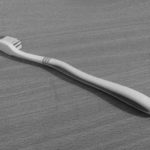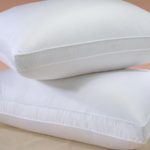Analysis of Components in Rainwater to Investigate Natural Groundwater Flow
Rainwater often contains a bacterium known as E. coli (Escherichia coli) due to the presence of various atmospheric particles that get carried by rainfall. Additionally, the collection of rainwater from surfaces such as roofs can introduce contaminants like dust, bird droppings, and moss into the water.
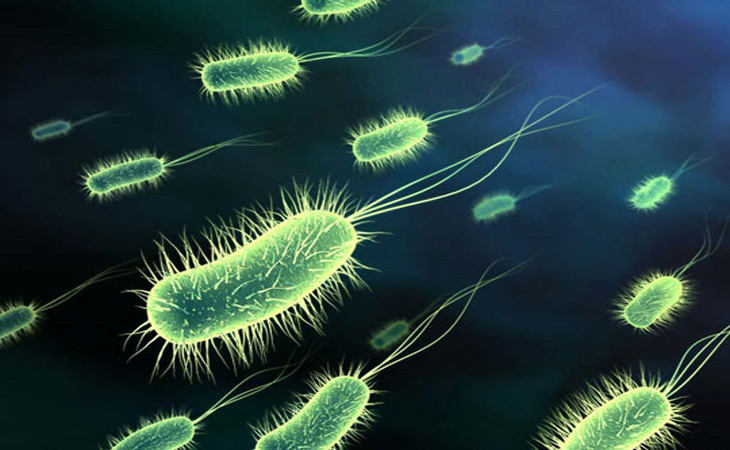
The atmosphere contains several impurities, including gases such as NO2, NH3, and H2S, which are produced through decomposition processes on the ground. Additionally, the release of Cl2, CO2, and CH4 from factories, as well as SO2 from the burning of coal and petroleum, contribute to atmospheric impurity.
Reference QCVN
Consequences of Misusing Rainwater
Infection with parasites can have detrimental effects on both the respiratory and digestive systems. This is especially concerning since rainwater, which is easily infiltrated by the smell of pesticides and industrial smoke, can contribute to this problem.
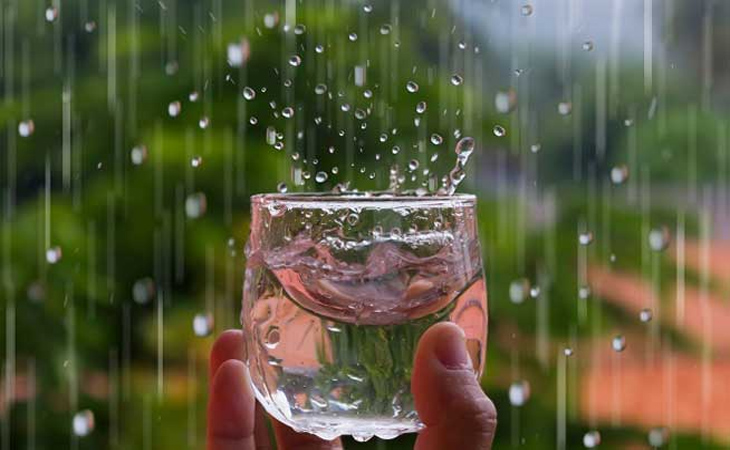
Prolonged consumption of rainwater without proper mineral supplementation can have negative effects on the body. This is due to the lack of essential minerals, which are necessary for the proper functioning of the nervous system and maintaining a strong immune system. Minerals such as calcium and magnesium are essential for these functions, and rainwater typically lacks an adequate amount of these minerals. Therefore, it is important to ensure that the body receives proper mineral supplementation to prevent any potential health issues.
People with sensitive skin are more susceptible to itching caused by the acid content in rainwater.
Proper Management and Usage of Rainwater: A Guide
Experts Warn: Take Precautions Before Using Rainwater Early in Season
At the onset of the rainy season, rainwater typically contains an increased level of dirt, acidic bacteria, and various impurities. Additionally, due to prolonged accumulation in the atmospheric layers, rainwater exhibits higher levels of acidity. As a result, early season rain effectively helps cleanse the atmosphere by carrying away these contaminants.
During the beginning of the rainy season, the acidity of rainwater is significantly high, which can cause irritation to the skin if used for bathing.
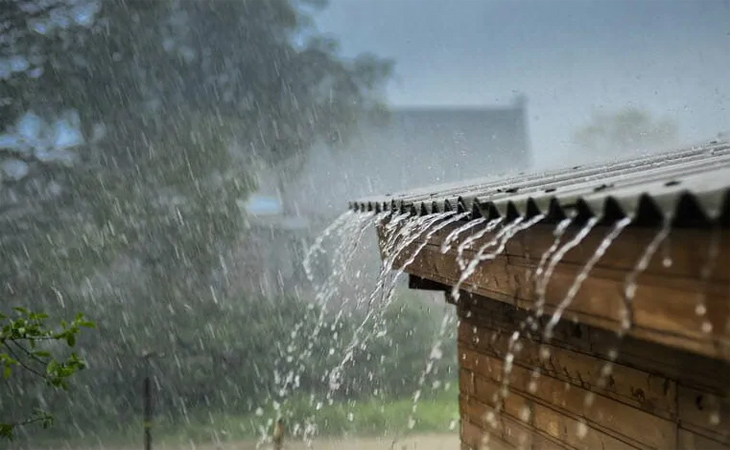
Therefore, it is advisable to collect rainwater during the middle of the season when the atmospheric layers have been cleansed of many pollutants. This ensures that the rainwater collected is less contaminated. It is recommended to start collecting rainwater 15 minutes after the rain starts.
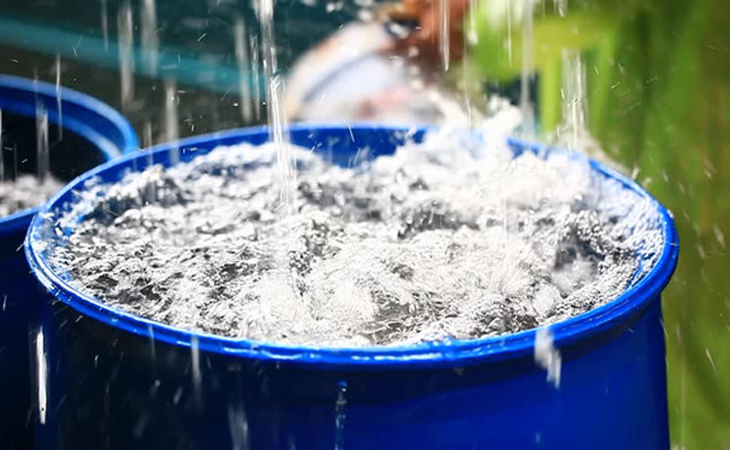
Avoid Utilizing Rainwater in Contaminated Sites: Expert
It is advised against using rainwater in industrial areas due to the significant pollution found in the air. Rainwater that passes through these polluted air layers will accumulate a considerable amount of dirt, chemicals, and bacteria, resulting in heavily polluted rainwater. The use of such water can have negative impacts on health.

Using a Water Filter to Purify Rainwater for Drinking
Using a water filter not only provides convenience but also offers cost-saving benefits. By incorporating a water filter that utilizes UV light technology, harmful bacteria can be effectively eradicated from the water. Furthermore, this filtration system also eliminates impurities and eliminates any possibility of recontamination from external sources.
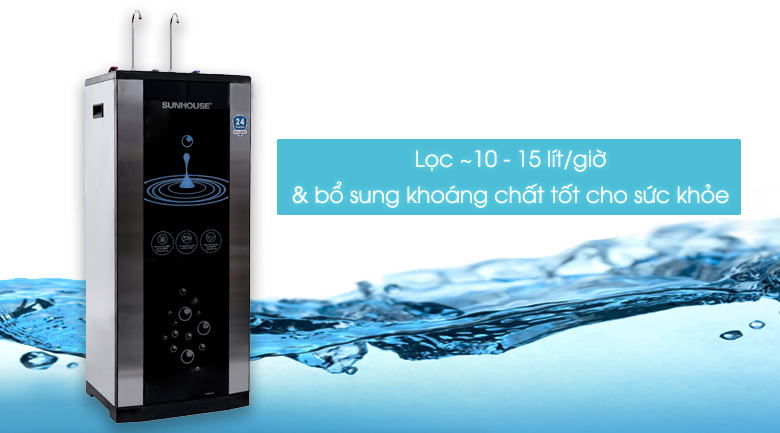
To improve the cleanliness and safety of rainwater, there are a couple of effective options available. One option is a manually filtered rainwater tank, which helps remove impurities. Another option is a rough source water filtration system, which is primarily used for domestic purposes.

Our water filters come in two options: composite or stainless steel water filter columns. You can select the one that suits your needs with different capacities. These filters are made with various types of material particles such as manganese particles, quartz sand, quartz gravel, resin plastic particles, activated carbon, and corosex particles. Each particle serves a specific purpose of filtering sediment, impurities in water, bacteria, heavy metals, and even increasing pH when required.
Potential Safety of Boiling Rainwater for Drinking
When boiling water, the majority of waterborne bacteria are effectively eliminated, leading to a significant reduction in the risk of infection.
Boiling water for 1 to 5 minutes is sufficient to purify it. This method effectively eliminates the majority of microorganisms present in the water. Additionally, this process aids in the removal of certain chemicals through evaporation, ensuring the production of high-quality water for optimal health benefits.
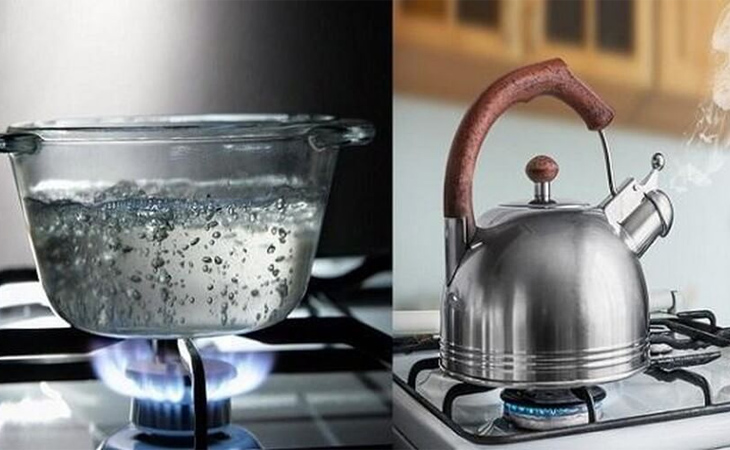
I hope that the information shared above will assist you in utilizing rainwater in a safe and hygienic manner.
The article contains information cited from the following sources:
Tips for Using Drinking Water Safely and Safeguarding Your Health
Click here to visit the website
8 Common Mistakes People Make with Cutting Boards
Are you using your cutting board correctly? Many Vietnamese households rely on cutting boards in their kitchen, but not everyone knows how to use them properly, especially when it comes to wooden cutting boards. Check out these 8 mistakes to avoid when using a cutting board to ensure both hygiene and safety for everyone in your family.
























